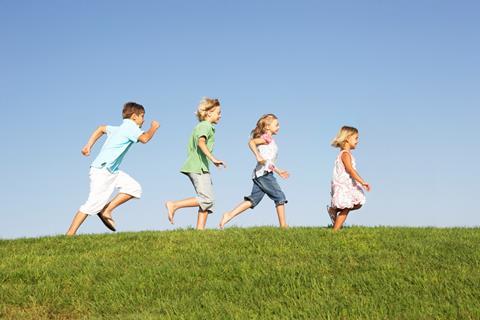Access is a key principle of Every Child Should. Often the children who can benefit the most from extra-curricular or enrichment activities are those who access them the least.

The mental health benefits of being outdoors and connecting with nature are well evidenced. As are the positive impacts of well structured residential experiences and engagement with culture, arts and sport.
But time and again the same groups of children and young people are missing out.
Recent work by the leading mental health charity Young Minds introduces the concept of Adverse Childhood Experiences (ACEs). These are highly stressful, and potentially traumatic, events or situations that occur during childhood and/or adolescence and that require children and young people to make adaptations in order to survive, to mitigate damage, to establish a sense of safety and control and to make sense of what is happening.

It is important to remember that not all children who adverse experiences go on to have mental health problems. And one of the factors that makes a difference to outcomes is how these children have access to protective factors such as help with developing practical problem solving skills; access to a wider supporting and understanding community and safe and mutual relationships with peers. Things we know that well-delivered school trips can help with.
So how can teachers plan school trips with mental health and wellbeing in mind?
- For some children and young people, including those with anxiety and autism, change is challenging. Helping them to prepare for a trip by talking through what will happen is an important way to reduce stress. For children with a lower reading age visual timetables and detailed steps, like where to sit on the coach, can help reduce anxiety and support inclusion.
- Consider trips that meet the needs of all. That’s not just about physical access but will the pupils on the trip ‘see themselves’ in the venue you are visiting? Belonging is an important part of wellbeing so develop a portfolio of trips that reflect a range of cultures and backgrounds.
- Some young people find new experiences overwhelming; consider whether there are places at your chosen venue that they can have quiet time out if it all gets too much.
- Experiences that engage multiple senses help keep us ‘in the moment’ - a key factor in developing mental wellness and reducing anxiety. Develop a trip schedule that encourages children to touch and feel (mud, stones, water); smell (flowers, animals, musty rooms) and listen (trees, people, silence).
- Schedule in time to do nothing. Rolling down a grassy bank at a castle; collecting sticks in a wood; spending 20 minutes looking at a single cloud. We all benefit from a pause and school trips provide a rare opportunity to get off the conveyor belt.
To find out more about the campaign, which will involve debates around the things that all children should have access to, visit www.everychildshould.co.uk




